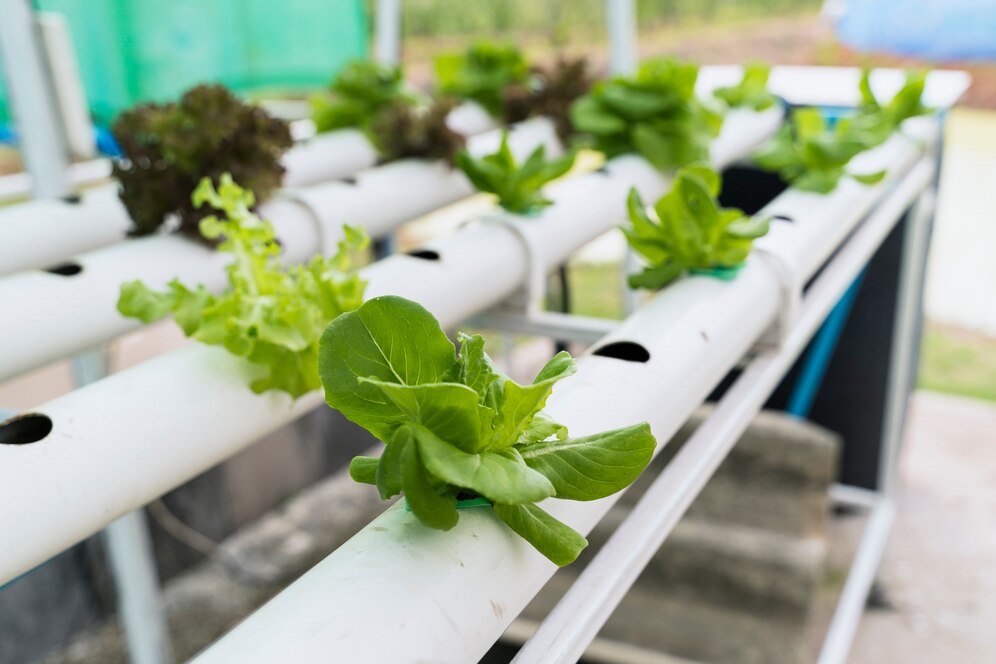
AGRICULTURE WITH WATER CULTURE
Farming with hydroponics is a method where plants are grown in a water-based environment instead of soil, representing a subset of hydroponic agriculture. In this system, plants thrive in nutrient-rich water, with essential minerals directly supplied to their roots. This soil-free method accelerates plant growth and makes agricultural production more efficient.
Hydroponic farming operates in closed systems, allowing for water recycling and significantly reducing water consumption. This technique is particularly advantageous in regions with limited water resources. When applied in controlled environments such as greenhouses, hydroponics enables year-round cultivation, ensuring continuous production. Plant growth can be precisely managed by adjusting the composition of the nutrient solutions used, leading to higher product quality.
Another benefit of hydroponic farming is the reduced need for pesticides, as pests are easier to manage. Additionally, plants grown in this system require less space, making it possible to increase yield per unit area through vertical farming and similar techniques.
In conclusion, hydroponic farming is an eco-friendly and innovative way to grow plants using water efficiently. In the future, this method could become a key part of sustainable agriculture, particularly in areas experiencing water scarcity.